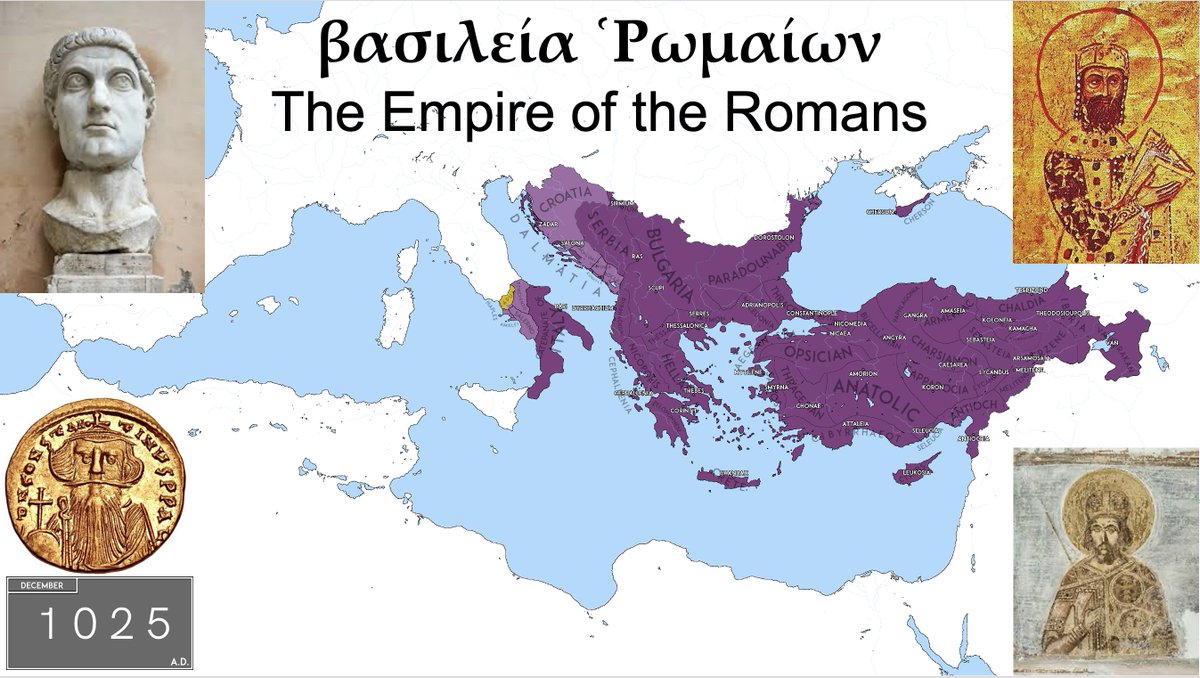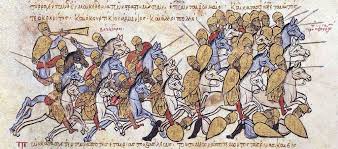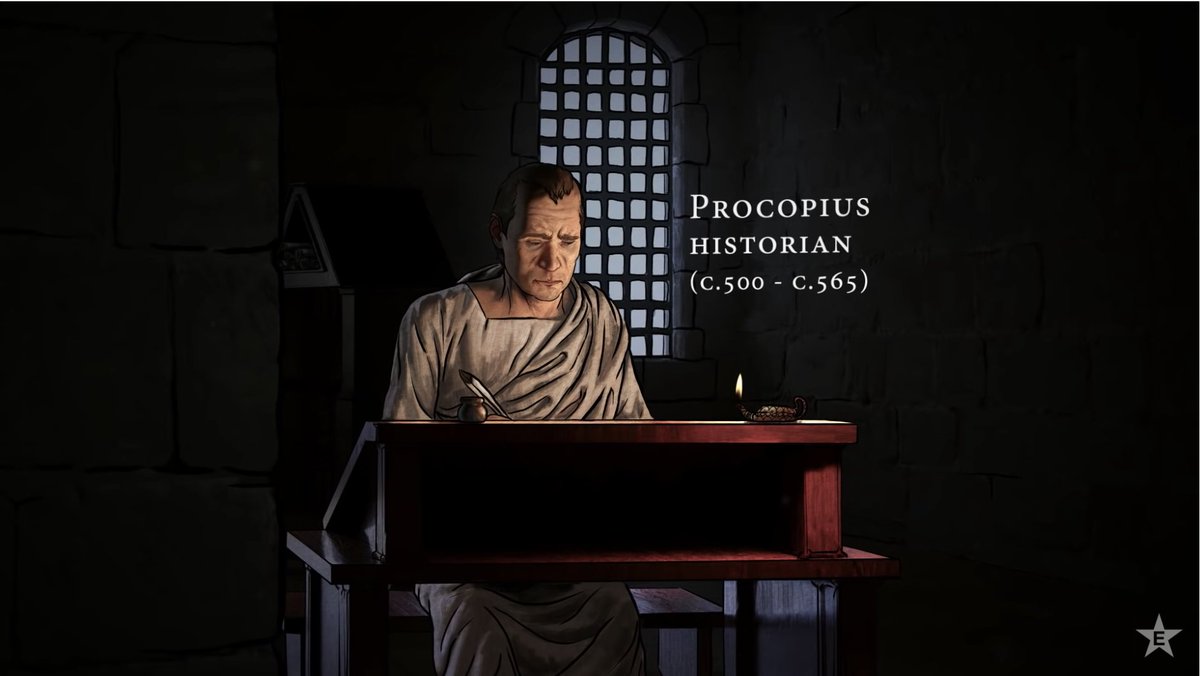December 9: #OTD in 536, Belisarius and the Roman army entered Rome. It was a remarkable moment. As the historian Procopius wrote, "after a space of sixty years Rome again became subject to the Romans." Some thoughts in this 🧵 #BelisariusAndAntonina #Byzantine #History 

First, a brief reminder of the context: Belisarius had landed in Sicily in summer 535. The island and all of Italy were part of the Kingdom of the Ostrogoths. The emperor Justinian charged Belisarius with restoring Roman authority to these lands. 

After occupying Sicily in 535, Belisarius crossed the Strait of Messina into the toe of Italy in 536. Most of southern Italy submitted immediately to the Roman army, but Naples held out until it was captured, probably in late November 536.
https://twitter.com/byzantineprof/status/1597228850622402560
The Ostrogothic King Theodahad had initially considered submitting his entire kingdom to Justinian and the Romans, and does not seem to have really had a plan for resisting the Roman army. Irritated, the Ostrogoths overthrew Theodahad, probably in November.
The new king, Vittigis, decided to withdraw the Ostrogothic army to the north to regroup at the capital, Ravenna. He left 4,000 soldiers in Rome as a garrison. 

Rome was a large city, and its walls, the Aurelian Walls, were a circuit of some 12 miles. 4,000 men could not defend a city of this size without the support of the citizens, which they clearly did not have. 

The citizens of Rome were eager to submit to Belisarius, and in fact sent a representative to invite the general to the city as soon as he could come. As I tweeted earlier this month, Belisarius and the Roman army probably started the march on December 1:
https://twitter.com/byzantineprof/status/1598318483640619008
On December 9, Belisarius and the Roman army arrived. The Romans marched into the city through the Asinarian Gate, on the southeastern side. At the same time, the Gothic garrison left through the Flaminian Gate on the northwestern side. No blood was shed. 

What a moment it must have been! Belisarius, and the bulk of his soldiers, were Roman, but the vast majority of them had never seen the Eternal City. Surely they must have felt the poignancy of entering the city of their ancestors. Rome was not just any other city. 

What kind of reception did Belisarius and his army receive from the citizens of Rome? The sources do not record their reaction, but given that they had invited Belisarius to their city, we can imagine that most were at the least cordial, and some possibly even quite excited.
The western campaigns of Belisarius are frequently described as "reconquests," but Belisarius' peaceful entry into Rome in 536 (and a similar entry into Carthage in 533) casts some doubt on that label. This was a restoration rather than a reconquest.
https://twitter.com/byzantineprof/status/1570397220884578305
• • •
Missing some Tweet in this thread? You can try to
force a refresh





















